At The End of Myself, I Ran Headfirst Into Christ
Whitney K. Pipkin lived with the possibility of cancer taking her mom’s life for much of her childhood. But the grief of loss still came as a surprise. She sees now how it lowered her to a new vantage point, one where she could see her suffering Savior more clearly. In this excerpt from We Shall All Be Changed, she writes about what the days of fresh grief felt like and how the Savior who was broken open for us met her there. It’s my joy to welcome Whitney to the farm’s table today…
Guest Post by Whitney K. Pipkin
What surprised me about grief was that it could not be reasoned with.
I would tell myself that it’s normal to lose a parent, that I am not the only one going through something. At least I had that extra twenty years with her, and we knew this was coming, right? Right?
And then I would try to call her.
Sometimes it would take a couple rings to realize what I was doing. It felt so final, taking her number off my speed dial list, but I couldn’t seem to train my thumb to stop wandering to her name.
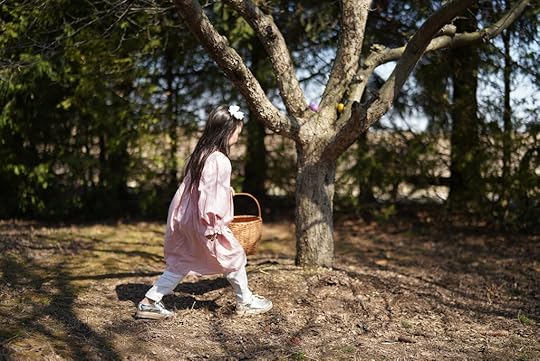
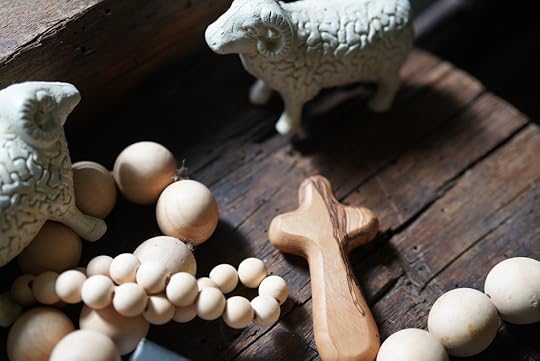
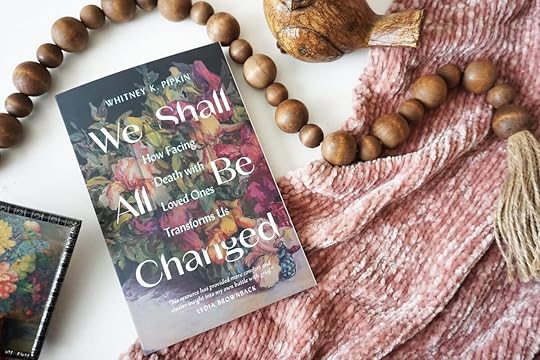

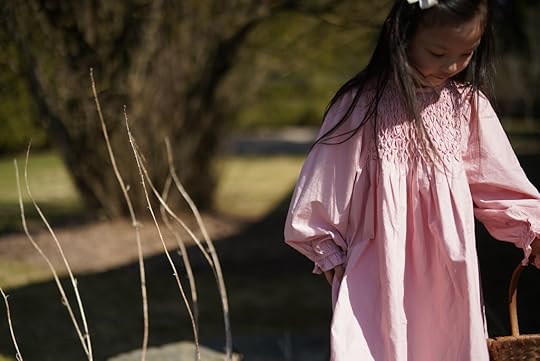

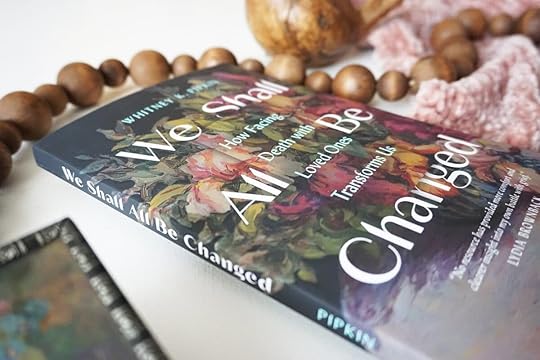
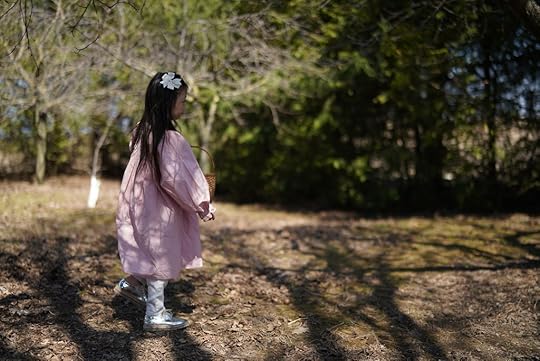

Longing is felt more fully, more achingly, when it can’t be satisfied. I had never longed for my mom, for her voice and her advice, as I did in those early days of grief. I had grown up and left and cleft—only to be returned to this primal state of infancy, crying for the one who could no longer comfort me.
What surprised me about grief was how it took up residence in my body. Like rioters camping on the steps of City Hall, it kept chanting at me from within, “You’re. Not. Okay.” The insurgency took my immune system and the prefrontal cortex of my brain hostage too. I got cold sores, joint pain, and bizarre rashes, one after the other, not to mention the migraines. Executive function began eluding me. The pediatrician could stump me by asking for all three of my kids’ birthdays at once. Google Maps became mystifying. I couldn’t even remember which side of the car the gas thingy was supposed to go into.
“I sensed what she already knew: that all the feelings would catch up to me if I stopped moving, that the real work in me would begin.“
It was like the newborn haze, but more sinister. I would wake from a full night’s sleep, exhausted. Cooking, which had long been a source of comfort, became a semi-hazardous sport. I was chopping romaine lettuce in my parents’ kitchen the week of the funeral when I sliced my index finger down to the nail. Less than a week later, on Christmas Eve with my husband’s family, I did the same to my middle finger with a bread knife—and wept uncontrollably. Every bleed left me longing for the one who had bandaged so many of my wounds. Every misstep felt like cruelty, like this body I needed to carry me forward was only interested in sabotage.
And then grief surprised me by masquerading as anxiety. I took two months off of work that winter to be with baby Ruby and, you know, get this grief thing over with. But suddenly, I could barely hold still long enough to journal. Instead, I printed out the floor plan of our house and began maniacally organizing, highlighting every drawer and corner after I decluttered it to track my progress. I was desperate for progress.
When I relayed my frantic doings to a counselor over Zoom that winter, she suggested I try “being still” instead. I had a lot of questions. Does being still while walking count? While driving? I sensed what she already knew: that all the feelings would catch up to me if I stopped moving, that the real work in me would begin.
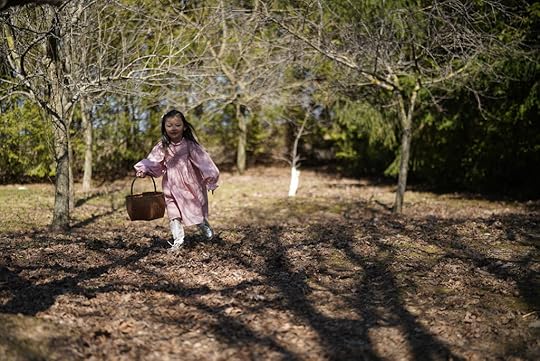

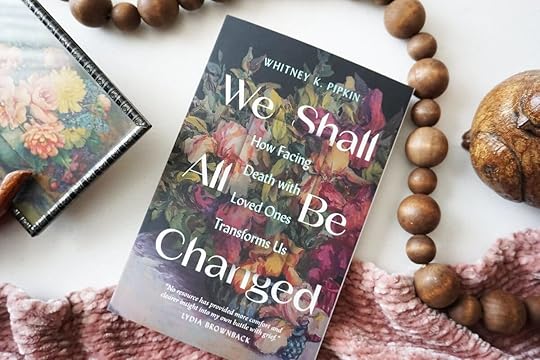

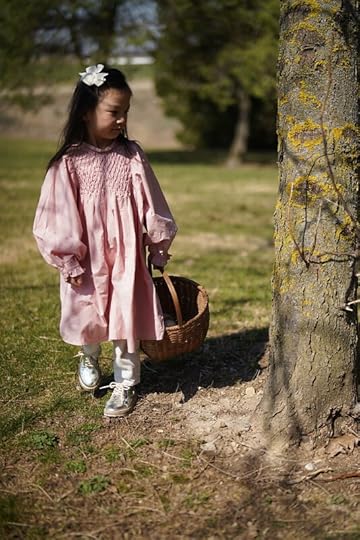
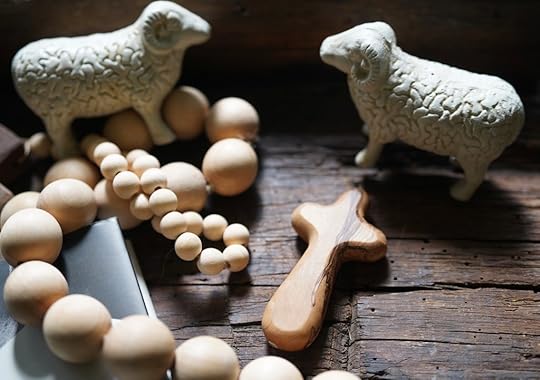
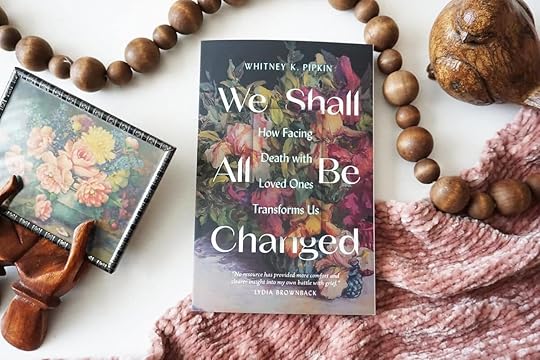
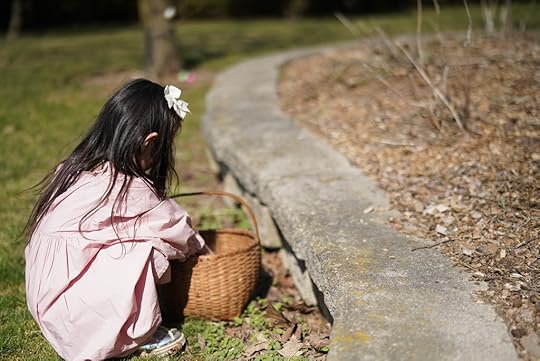

“From here, I can better see the suffering of my Savior standing out from the dark backdrop of my circumstances.“
I would not have volunteered for the grief of loss. But I see now how it lowered me to a new vantage point. From here, I can better see the suffering of my Savior standing out from the dark backdrop of my circumstances.
I have experienced Christ in suffering not because I chose to, but because I was desperate. There was no other way through it. I read my Bible like one being nursed back to health: I could take in only small morsels; yet one turn of phrase would sustain me for a week. “You have seen my affliction; you have known the distress of my soul,” I prayed with the Psalms. “Come to me, all who labor and are heavy laden,” I read in return, “and I will give you rest.” At the bitter end of myself and my ability to change the ache within, I ran headfirst into Christ.
“At the bitter end of myself and my ability to change the ache within, I ran headfirst into Christ.“
At the Maundy Thursday service the spring after Mom’s death, I closed my eyes in the third row and found myself imagining Christ seated across from me at a table. The tenderness in His eyes felt familiar as scenes from the previous weeks flashed across my mind: me crying in the car, in the grocery store, into the carpet of my office floor. And I realized, as if for the first time, He knows. He knows what it feels like to be broken open.
“This is my body,” my pastor read over us, “broken for you.” I wondered if this is what it means to share—to literally fellowship in—the sufferings of Christ. I wondered if here, seated across from the One who drank the cup I could not bear, I might find the strength to drink the one I’d been given.
1. As Nicholas Wolterstorff writes, “Through the prism of my tears, I have seen a suffering God.” Nicholas Wolterstorff, Lament for a Son (Grand Rapids, MI: Eerdmans, 1987) 81.
2. Psalm 31:7b; Matthew 11:28.
3. Philippians 3:10.
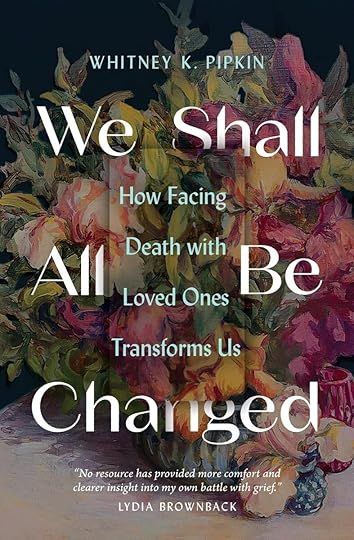
Whitney K. Pipkin lives with her husband, three children and a dog named Honeybun in Northern Virginia, where they are longtime members of Grace Bible Church in Lorton. She works as a journalist. After losing her mom to the cancer she wrestled with for 20 years, Whitney wrote We Shall All Be Changed: How Facing Death with Loved Ones Transforms Us a book she prays will serve others walking similar roads.
We Shall All Be Changed is a companion for those experiencing the lonely season of suffering and death. In this book, Whitney reaches across the pages to hold the hand of the caregiver. Walking through death with a loved one can be incredibly isolating and unsettling. This book reminds us that we can experience God’s very presence in life’s dark and deep valleys. As Whitney draws from her own experience, she sheds light and hope. She shows that we are not alone. And she reveals the mysterious way that God ministers to and transforms us through death and suffering. You can find her on Instagram @whitneykpipkin and sign up for her newsletter at whitneykpipkin.com.
{Our humble thanks to Moody Publishers for their partnership in today’s devotional.}
Ann Voskamp's Blog
- Ann Voskamp's profile
- 1368 followers



